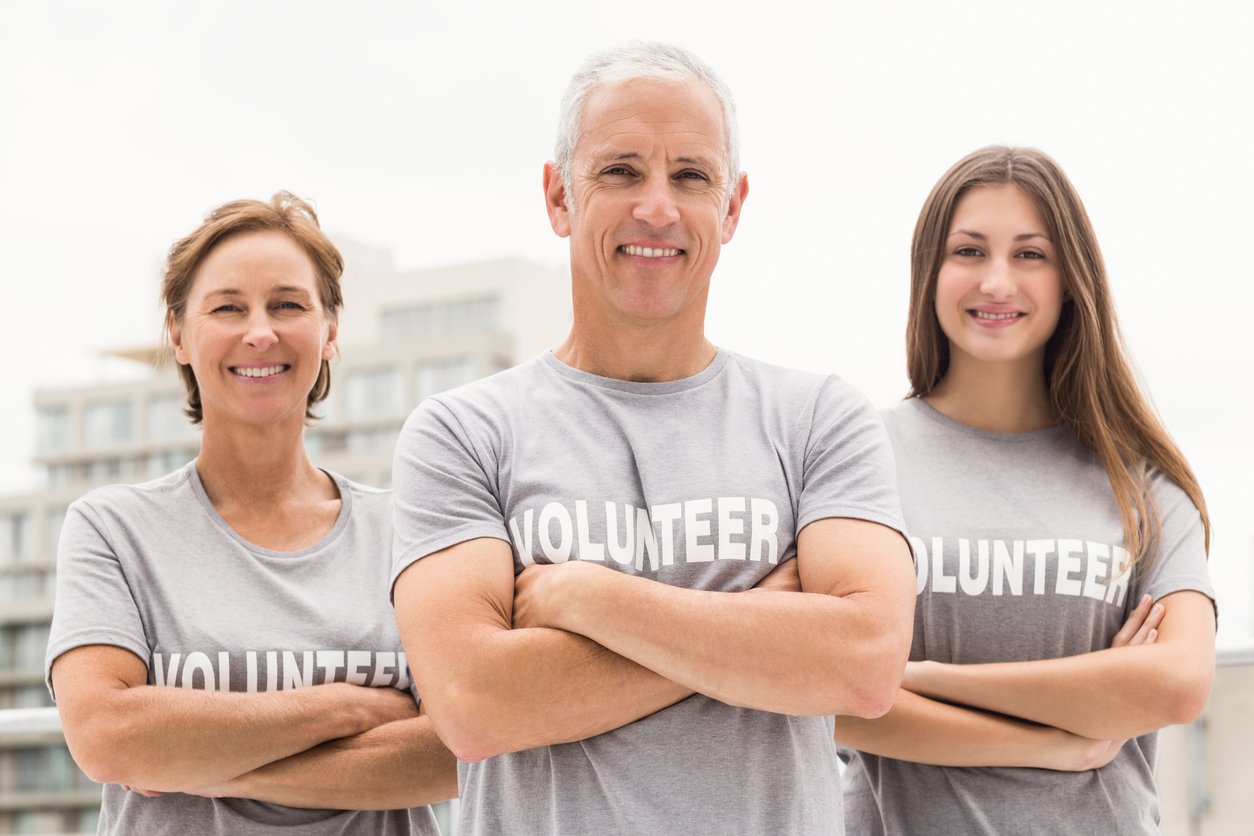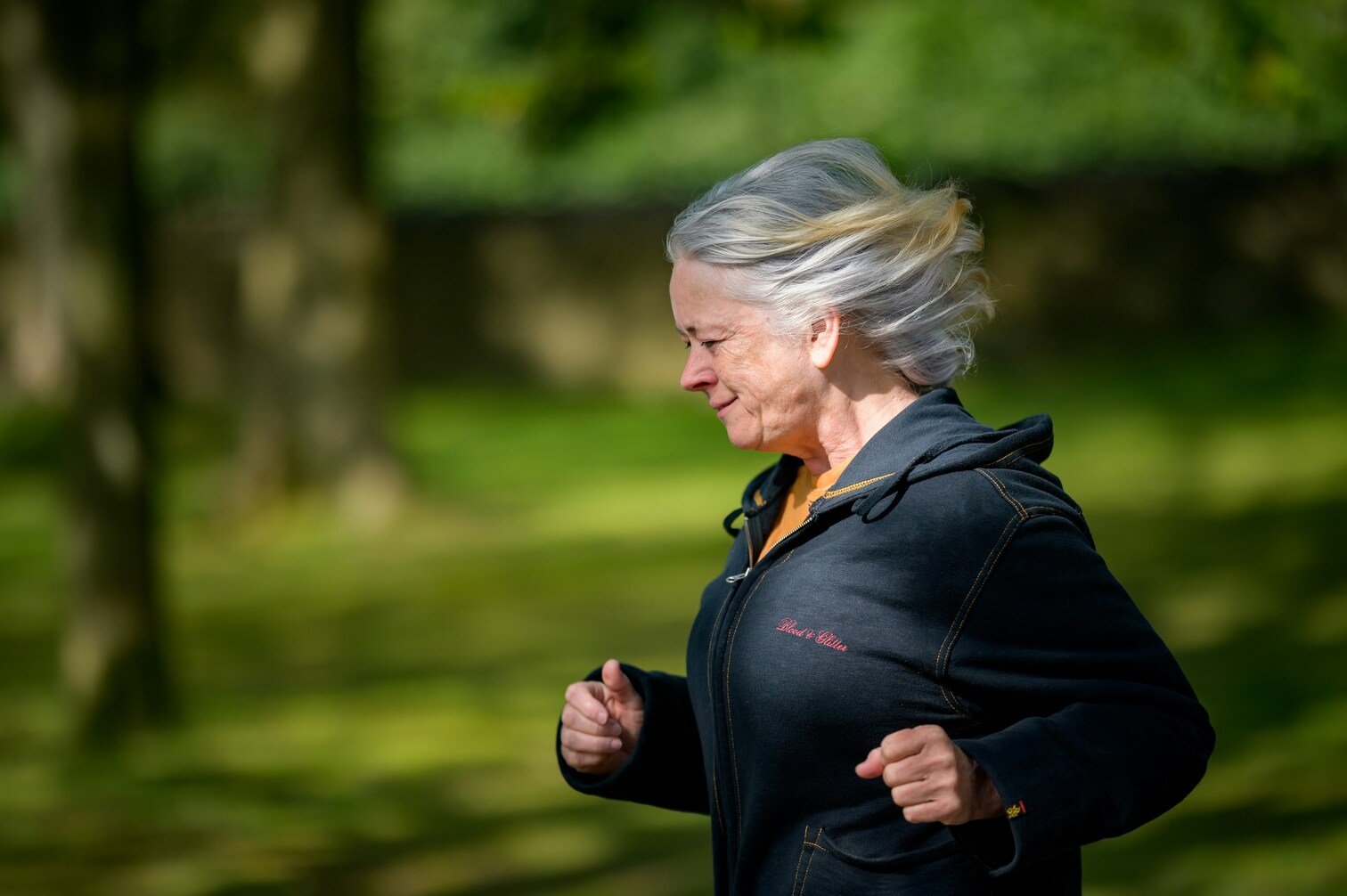Frederica, a grandmother living in a parish of 2,000 inhabitants, fought to build an association to provide social support for the elderly in her parish. She rolled up her sleeves and after managing to finance, licence, finance again and build, she opened two social services. With no financial backing, she had a hard time letting go of the social nature of the organisation in order to pay the salaries of her modest six workers. Hopeful, she waited for the Social Security to open applications for a co-operation agreement. The first year it was not approved, and the reply was ‘rejected due to the budget being exhausted’. Second year, the same answer. One fine rainy day, the phone rings, she hears ‘have you received an email?’, and replies being on travel. A few seconds later, she decides to pull off the motorway to see: ‘The application has been accepted’. A sigh of relief.
Ivo, a well-known businessman and former foster youth, has taken over the presidency of the Association that took him in. At a less fortunate time in his life, he saw in the organisation that took him in the hope and affection he so desperately needed. Today, as President, he sees a law passed that obliges him to change the structure in all its essence: infrastructure, human resources, type of services provided. Until two years ago, his ‘only’ problem was creating the necessary conditions so that other children could feel what he himself felt. Today, he feels obliged to comply with a law that, if passed by the Portuguese Parliament, will mean that foster children will no longer be fostered, at least for the duration of the works. He asks himself: who will protect them when all the organisations make this transition?
Rosa, a civil servant and mother of two, takes a call at 8pm from an IPSS worker: ‘Mum hasn't picked him up from nursery yet and isn't answering her phone’. ‘I'm on my way! ‘ she says. Rosa, the Board's treasurer, finds herself with a problem on her hands: one immediate (I'll cook dinner and get him ready for bed, once again), the other even more pressing (I knew she'd just got a job, her first after entering the shelter, she needs this opportunity).
Inácio, who has the Primary School grade, is a founding member and President of a Foundation with 137 employees, and has managed, over the course of his 30 years with the entity, to create 7 social responses, providing services to more than 230 children, 90 people with disabilities and 150 elderly people. The PRR for the much-needed Residential Centre has now been approved. When the Board decided to go ahead with this, he thought to himself ‘what am I getting myself into?’. Today is the day to publish the public tender. The problem arises after all: Inácio has an identity card for life and that makes him wonder if he's still useful.
As the General Coordinator of an organisation that represents IPSSs, my day-to-day life is all about providing solutions to the volunteering challenges faced by those who run one of these institutions. With civil and criminal liability, holding these positions requires highly specialised management knowledge and practices. And you can't ask for less when it comes to providing services to the most fragile and in need of protection.
According to a 2015 study by the Catholic University of Porto, ‘this very strong predominance of volunteering helps to attract people to these positions (on governing bodies) who are motivated by some sense of dedication to producing a public good, as is typical of the mission of these organisations’. And goes on to say that ‘NGOs in Portugal are led by people in a voluntary situation, mostly middle-aged, with higher education qualifications and a strong predominance of men “ and ”have leaders who are volunteers, dedicated to their management duties, with some difficulties in being replaced, but who don't remain in their positions forever, nor are they dynastic’.
A reality that is little thought about, discussed and measured is the impact that these volunteers have on the community: the value they create, whether by providing a service to a person excluded from the market or by creating jobs and their externalities. An elderly person who can once again have care and hygiene habits, a child in a safe environment, the rebuilding of a family and a dignified and accompanied end to life.
There is an urgent need to recognise and empower these people who are ordinary citizens with personal, family, professional and voluntary responsibilities. With this in mind, a public petition has been launched for the creation of the Statute of the Volunteer Member of the Board of Directors of IPSS, which I invite you to sign: https://participacao.parlamento.pt/initiatives/4415



